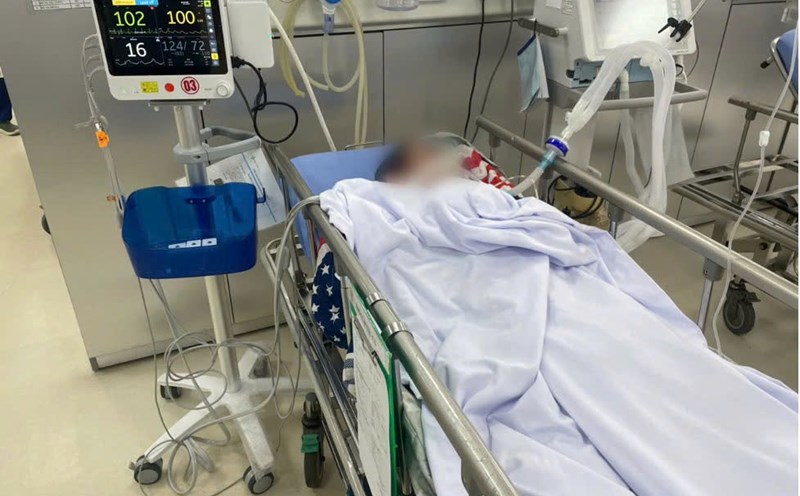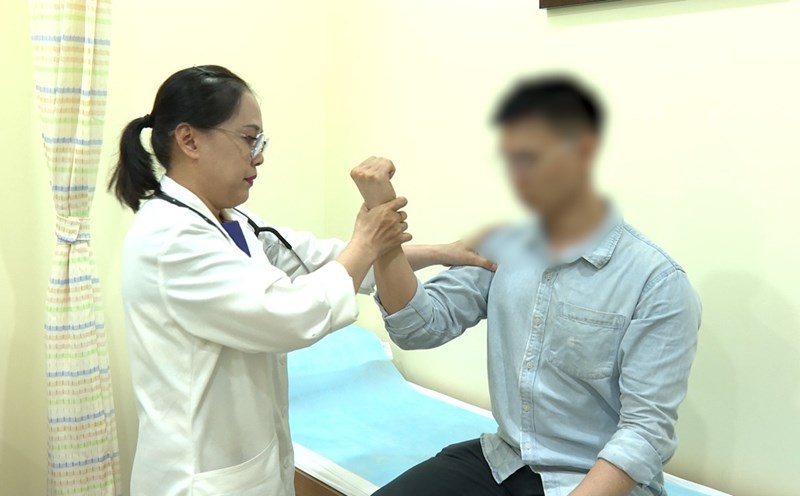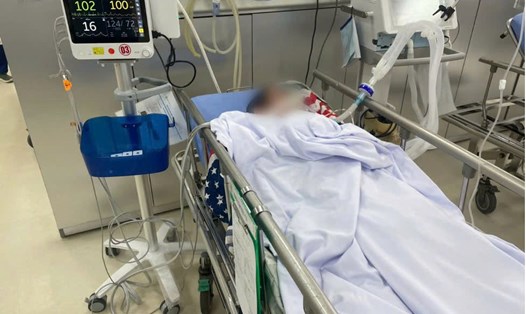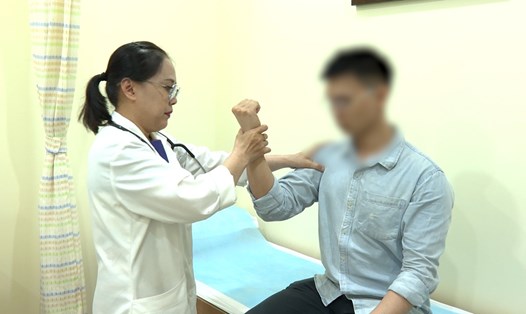If a blood clot blocks a blood vessel in the heart, it can cause a heart attack; if it blocks a blood vessel in the brain, it can cause a stroke. Both conditions are fatal.
Chest tightness and shortness of breath
Many people who feel chest tightness and shortness of breath after exercise may think it is due to over-exercising or poor heart and lung function.
However, this can also be a symptom of a blood clot blocking a blood vessel, leading to insufficient blood supply to the heart. Especially when this symptom persists or even worsens after exercise.
Dizzy
Dizziness and lightheadedness are common reactions after exercise. If these symptoms occur frequently and are accompanied by discomfort such as nausea and vomiting, it could be an early warning sign of cerebral thrombosis.
Cerebral thrombosis can obstruct blood circulation and affect blood supply to the brain, thereby causing symptoms such as dizziness.
This unusual reaction is a health warning that can occur in patients with thrombosis after exercise. When these symptoms appear, you should seek medical attention promptly to avoid missing the best treatment opportunity.









